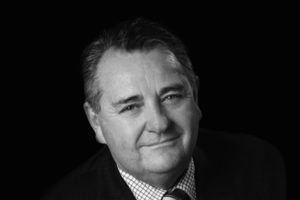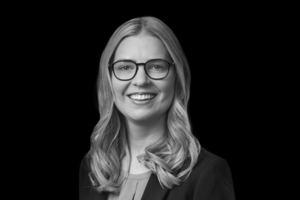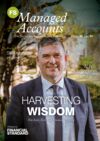ASIC clamps down on advisers, trustees cold callingBY KARREN VERGARA | TUESDAY, 7 MAY 2024 12:39PMFinancial advisers, licensees, and superannuation trustees are facing the ire of ASIC after an investigation found they are profiting from boiler room tactics that convince members to switch funds. An overwhelming number of members are goaded into leaving their incumbent super fund and investing their savings in high-risk property schemes, it found. These are either via platform super products offered by APRA-regulated funds or a self-managed superannuation funds (SMSF). The cold calling business receives payments in return. "Many of these models fail to consider insurance policies held through the client's existing superannuation arrangements, at least initially, to ensure the transaction can progress quickly. This is sometimes referred to as a 'layered advice' model by the business model operators," ASIC said. The cold-calling businesses typically target members in the accumulation phase aged between 25 and 50 years old with balances of at least $50,000. ASIC warns trustees and financial advisers to stay away from referral arrangements made with cold-calling businesses using such tactics. ASIC confirmed to Financial Standard that it identified a small subset of advisers and licensees who have referral arrangements with cold-callers who use high-pressure sales tactics, with some cold callers receiving a cut of an adviser's advice fee while others are paid a flat payment. Other licensees, ASIC said, should identify their advisers or corporate authorised representatives that are engaged in these referral arrangements and ensure they comply with financial services laws. Super trustees that gain new members via these tactics should review their processes to ensure they are not benefiting at their expense. "This does not mean trustees need to check every SOA, but it means they should have processes in place to identify practices that may be resulting in superannuation balance erosion, including from inappropriate advice fee charges," ASIC said. ASIC forewarned it will provide more details shortly as part of its review of trustees' oversight of advice fees and charges. "Ultimately, financial advisers, licensees, and superannuation trustees should ensure they work to deliver good retirement outcomes for clients and members to uphold member trust and the integrity of the financial system," the regulator said. "This includes notifying ASIC when becoming aware of activity associated with unscrupulous cold calling for superannuation switching business models." The Australian Institute of Superannuation Trustees (AIST), which is now Super Members Council (SMC), has advocated for the banning of advice firms using third parties to solicit business via cold calling, and for current anti-hawking laws to cover cold-calling advisers who charge up to $6000 to roll members into an inappropriate fund. The government allows telemarketers and cold-calling businesses to make unsolicited calls during certain hours - weekdays between 9am and 8pm and Saturdays between 9am and 5pm. ASIC warns cold-calling companies contacting members that then leads to a referral to another party for the provision of financial advice to consider whether they require an AFSL. "Even if they do not require a licence, they must ensure any representations they make to consumers are accurate and balanced. If the representations they make to consumers - including around the adequacy of the client's existing fund, fees or expected performance - are misleading, they will be breaking the law. These entities must take steps to satisfy themselves about the accuracy of information they present to consumers," ASIC said. Members' details are obtained often via third-party data brokers that gather information online, social media channels, websites visited, and online quizzes or competitions entered. The cold callers also bypass data brokers by posting click-bait advertisements on social media platforms like Facebook and Instagram. Such ads promote superannuation comparison calculators, which give consumers the impression their existing superannuation fund is underperforming. ASIC commissioner Alan Kirkland said some of these cold-calling operators are pressuring consumers in critical retirement-saving years to move their savings when it is not in their best interests, putting them at risk of having less super as a result of inappropriate investments, fees, and charges. "The small subset of financial advisers benefitting from this conduct threaten to undermine the reputation of the rest of the industry," he said. "Deterring cold calling for superannuation switching models is an ASIC priority, and we will continue to take action, including enforcement action, to protect consumers from high pressure, cold calling practices that induce inappropriate superannuation-switching." Related News |
Editor's Choice
Aware Super hires head of corporate development
Link Group rebrands as acquisition completes
Crescent Capital sells down ClearView stake
Social media influencers charged for promoting shady investments
Products
Featured Profile

Matt Gaden
JANUS HENDERSON INVESTORS (AUSTRALIA) LIMITED
























